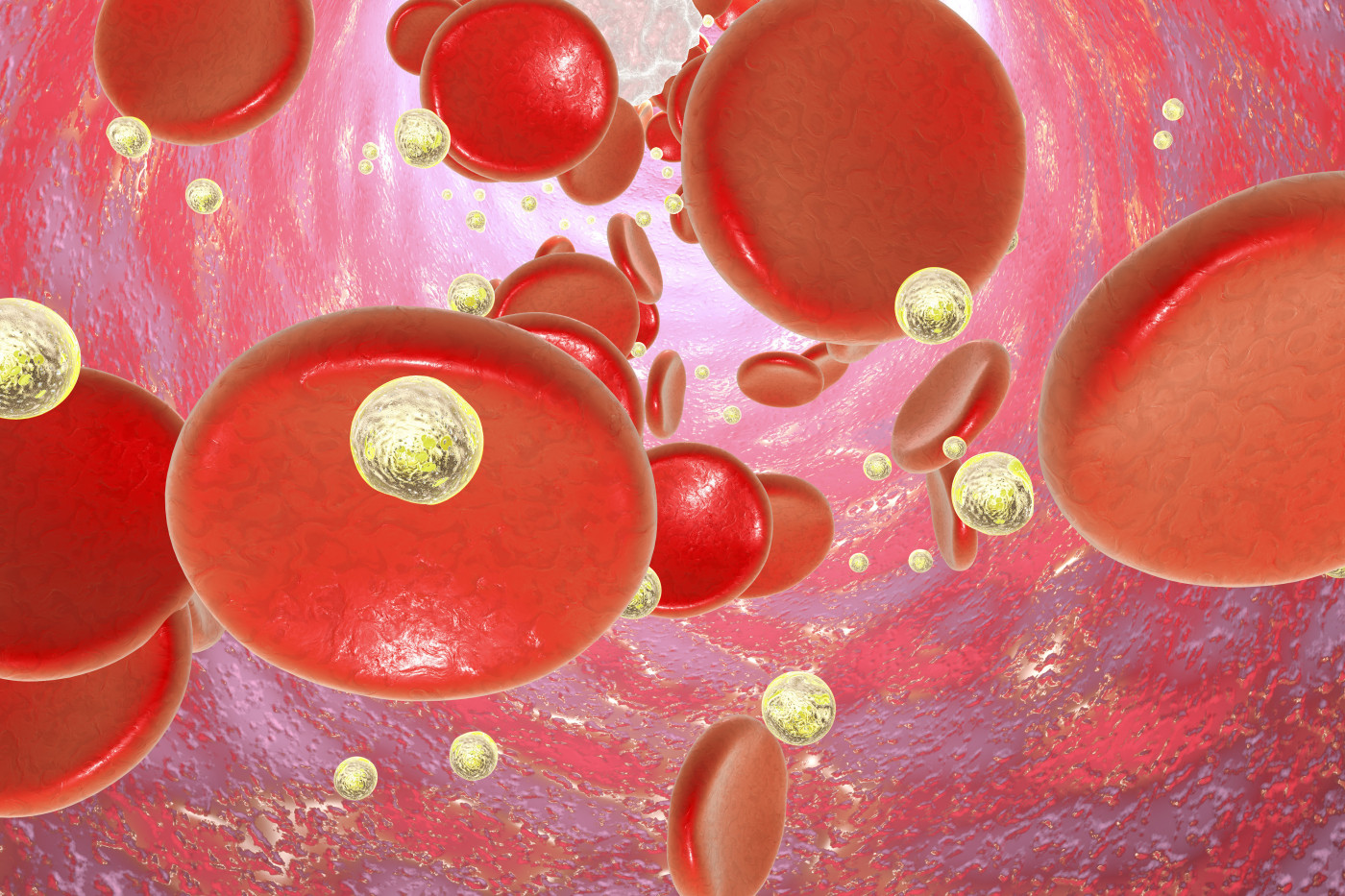Stakeholders Call for Improved Care for SCD Patients in California
Written by |

In what’s viewed as a significant step toward addressing unmet needs in California’s sickle cell disease (SCD) community, scientists and policy leaders met recently to discuss proposed legislation, gaps in patient care, and to hear from patients.
Called “The Impacts of Sickle Cell Disease in California Legislative Briefing,” the meeting was led by the California Legislative Black Caucus and the California Biotechnology Foundation. The proposed legislation, Assembly Bill 1105, calls for a pilot program to establish special SCD care centers.
”Sickle Cell Disease is a rare disorder that has never received the attention it deserves from a policy or awareness perspective,” Judith Baker, policy director for the Center for Inherited Blood Disorders and Pacific Sickle Cell Regional Collaborative. said a press release. “This requires a real, intentional, purposeful plan to try to solve the complexities and tragedies of lack of access to knowledgeable sickle cell care, particularly for adults.”
Under the bill, which shifts $15 million from the state budget to California’s Department of Public Health, the three-year program would establish at least five interconnected adult SCD clinics in areas where most patients reside, including the Los Angeles area.
In addition to offering primary and specialty care, the clinics would link patients to other inpatient and outpatient services. Clinical care also would include “telementoring,” which is professional guidance using telecommunications.
”The bill would support clinical workforce development to strengthen doctors’ and nurses’ understanding of current care guidelines, outreach and education, and expand tracking to better monitor care and outcomes,” said Mary Brown, president and CEO of the Sickle Cell Disease Foundation.
Assemblyman Mike Gipson, D-District 64, who authored the legislation, called the measure a “massive step forward” in ensuring that all California patients get quality healthcare for the disorder that affects African Americans and Hispanics at much higher rates.
Due to a dearth of adult clinics and clinicians trained to screen for and treat acute health crises, adult patients in California die younger and at higher rates than other states, according to the press release. They also reportedly seek emergency treatment more often, and are hospitalized disproportionately.
”In the United States, life expectancy for sickle cell is 61 years. In the UK (United Kingdom) it’s 70 years. In the state of California, it’s now down to 43 years,” said Diane Nugent, MD, president and medical director for the Center for Inherited Blood Disorders.
Patient and California resident Jasper Jones told event attendees he’s been hospitalized more than 100 times and has had seven surgeries. In January, he experienced organ failure.
”I have goals and aspirations just like everybody else,” he said. “I’m set to get married next year and my fear and concern is that I will not be able to meet her at the altar.”





